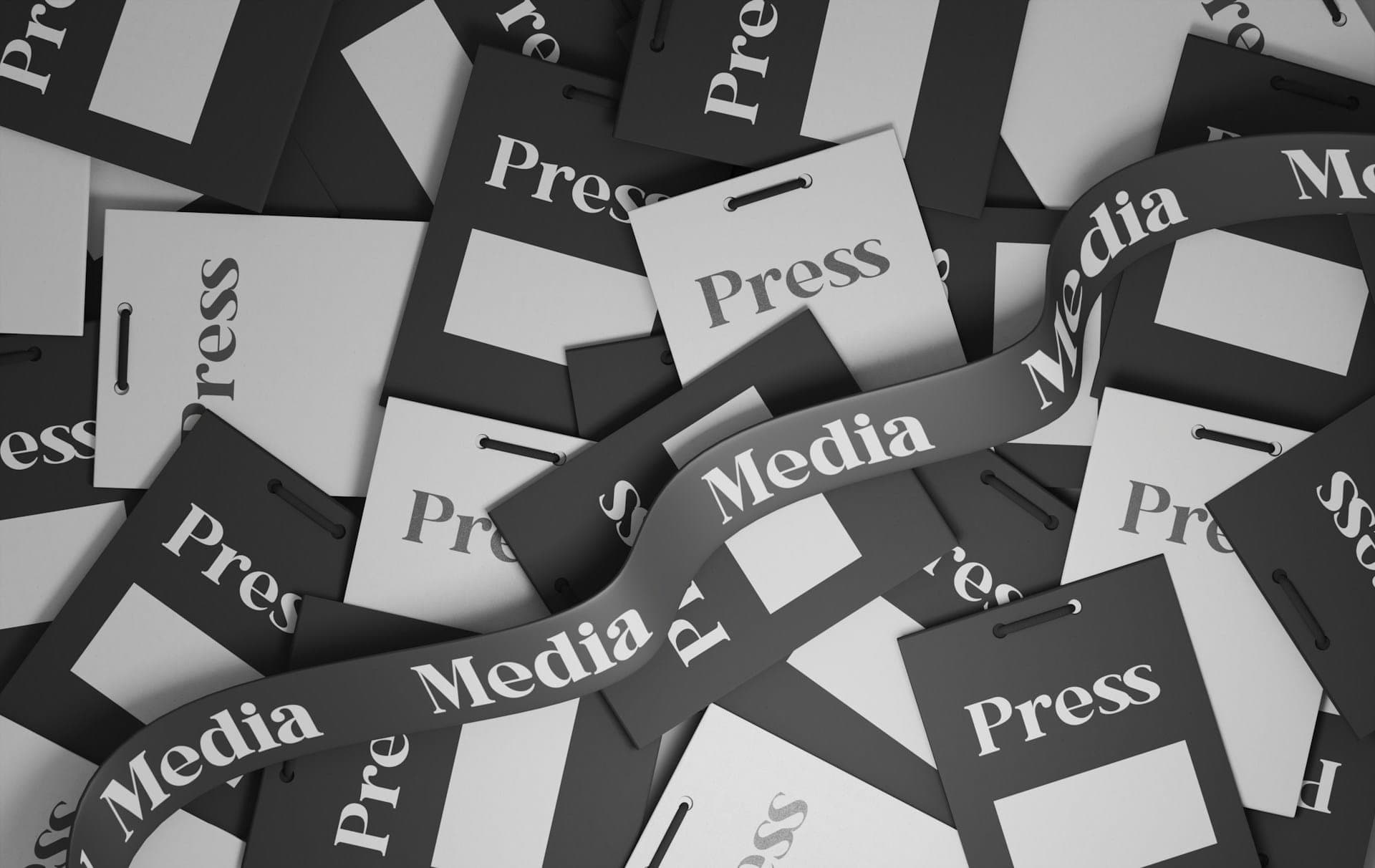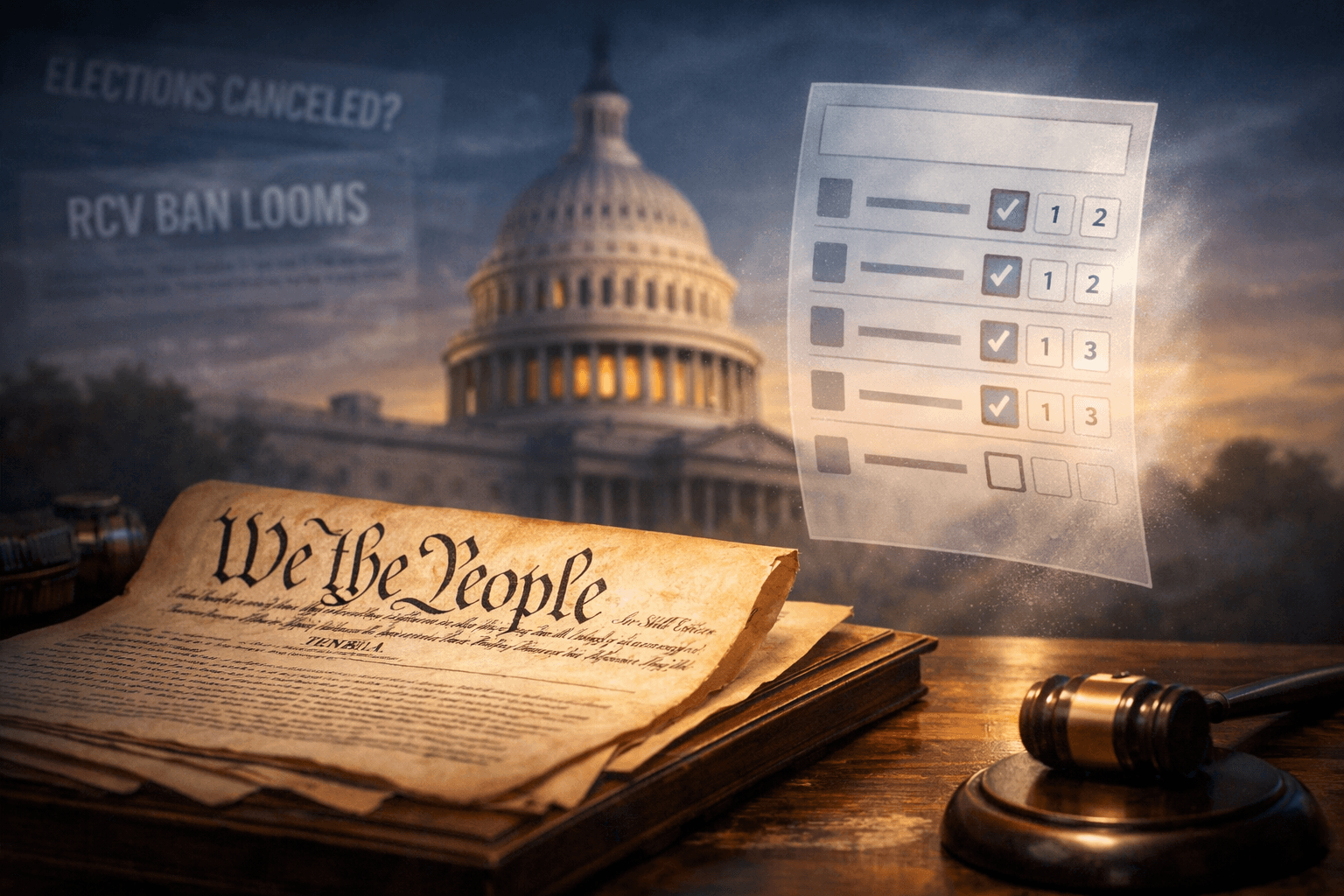To Help Heal Division, We Must Cut "The Media" Some Slack

Editor's Note: This article originally published on The Fulcrum and has been republished on IVN with permission from the publisher.
Donald Trump will be inaugurated in a few days. In his second term, just as in his first, he’ll likely spark passionate disagreements about news media: what is “fake news” and what isn’t, which media sources should be trusted and which should be doubted.
We know we have a media distrust problem. Recently it hit an all-time low: the percentage of Americans with "not very much" trust in the media has risen from 27% in 2020 to 33% in 2024.
We think most would agree we want high trust in news. However, this growing distrust isn’t only about news quality; it’s also a manifestation of our toxic political divides. Many are, of course, angry at news outlets they associate with the “other side.” But many also have grievances against outlets largely aligned with their worldview when they think they’re not doing enough to support the “good guys” or fight the “bad guys.” Our stressful divides lead to us being upset about many things—and, unsurprisingly, this applies to our views of “the media.”
Amidst this rising distrust, it’s worth asking: Are we sometimes too angry at “the media”? We know many people have overly pessimistic views of their political opponents and that this “undue hate” helps drive polarization. Could excessive anger at “the media” also be contributing to our divides? If so, is there value in thinking about “the media” in more nuanced ways?
We can examine this question while acknowledging that news outlets, intentionally or not, do contribute to polarization. News outlets too often seem to cater to their audiences’ existing views which helps people stay in information bubbles. They tend to focus too much on divisive narratives and divisive leaders—and those choices influence our views of what politics can and should be. There are many criticisms we can and should make of news outlets; we must encourage them to do better. But we should also consider whether there’s value in tempering that criticism with empathy and understanding.
Some anger is based on a perception that “the media” is a powerful institution pulling the strings of society. But as media scholar Elizaveta Friesem points out: “Media is just us; it’s just people communicating with each other.”
Journalists are people, like us. They’re not omniscient arbiters of truth (even as their approaches, at times, make it seem like they think they are). Like us, they’re dealing with our confusing and stressful divides as well as a fractured and competitive information landscape. Journalists have conscious and unconscious biases, as we all do. And combatting our own biases is difficult—especially when we have such divergent political narratives.
For example, the New York Times is accused by many of having an extensive liberal bias—but some on the left accuse them of “enabling right-wing spin”, or even of being pro-Trump. Regardless of what you think of the New York Times, the point is that no matter the approach a news outlet takes, it’ll inevitably anger many people who have different politics. Acknowledging that reality can help us better understand the stress that our divides place on media creators.
Some of our frustration with the news is due to people simply not understanding their political opponents. When we’re in conflict, we find it hard to see our adversaries’ point of view. This difficulty is what leads to so many people accusing the “other side” of being brainwashed, of being in a cult, and of creating or believing propaganda. As our narratives diverge more and more, our opponents’ beliefs seem increasingly alien, inexplicable—even downright scary.
A grievance from conservative audiences is that many in the mainstream news have interpreted Trump’s statements in biased and overly pessimistic ways. Many conservatives see that as part of a malicious smear campaign. But there are other explanations for such things besides purposeful deception. Simply put, it’s just easy for people to arrive at very different stances, especially for issues associated with our divides. People’s views about Trump’s statements can vary depending on how they interpret his words and intentions, or how they connect his words to what he’s said in the past on the same issue. This dynamic happens on both sides of every conflict.
Of course, some people do promote information they know is false or misleading. We know our divides can make people think the ends justify the means. But often bias is a much simpler explanation than purposeful deception. We aren’t good at distinguishing genuine belief from deception—and this means we’ll often make mistakes about our political opponents.
Some talk nostalgically about the “golden age” of journalism in the 20th century as if it was a time of high-quality reporting and strong consensus. But we should recognize our rosy perceptions of that time may be largely an illusion, influenced by there being only a handful of powerful news outlets at that time. Some argue our current media fragmentation represents a return to a pre-golden-age environment where a multitude of competing narratives were found across many small newspapers and pamphlets.
No matter how we got here, today’s media is a reflection of our society and the people in it. To reduce political toxicity, we must criticize news outlets and demand that they do better. But if we temper our criticisms with empathy and understanding, we’ll be more persuasive—more likely to be heard and listened to. Maybe someday, we’ll find our way to a new age of trusted news.





